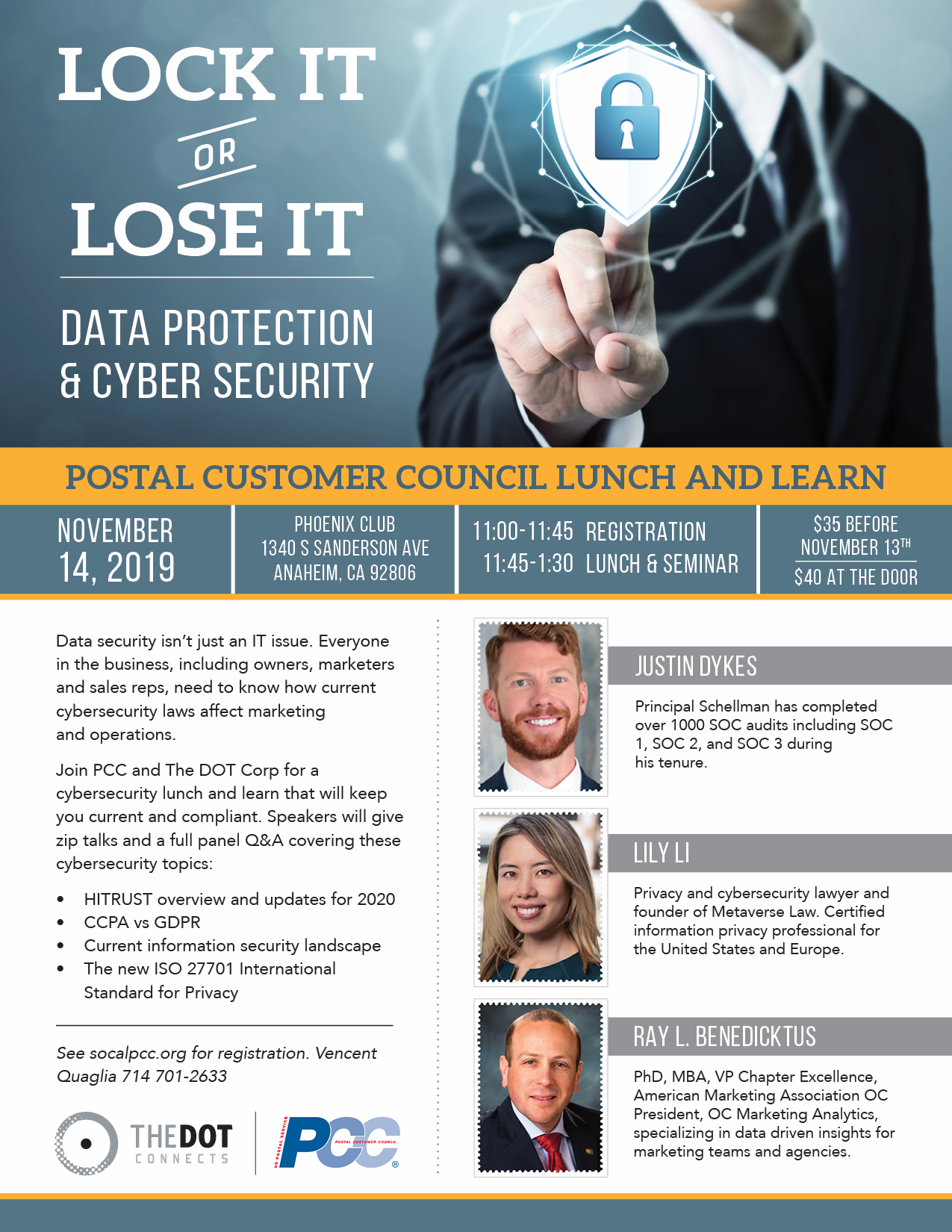Image Credit: Gordon Johnson from Pixabay
On October 10, the California Attorney General released proposed guidelines to implement the California Consumer Protection Act (CCPA), which goes into effect in January 2020. One of the provisions that surprised many was a new requirement that privacy notices given to consumers “[b]e accessible to consumers with disabilities” and “[a]t a minimum, provide information on how a consumer with a disability may access the notice in an alternative format.” [Note: the AG’s regulations are not final, and interested parties may submit comments about them before December 6, 2019 at a series of public hearings, by mail, or by email.]
The requirement to provide the privacy notice in a format that is accessible to people with disabilities is consistent with recent trends towards website compliance with the Americans with Disabilities Act (ADA). Whether out of a desire to advance equity or to comply with the spirit or letter of accessibility laws, we see more businesses and website operators making earnest attempts to make their websites accessible to the broadest audience possible.
Unfortunately, the AG did not provide very much guidance on how businesses could make their privacy notice or websites more accessible. Luckily, several organizations doing work in this area, including the W3 Web Accessibility Initiative, Stanford Online Accessibility Program and Berkeley WebAccess, have put resources online for designers, developers and content creators.
While not exhaustive, the following is a list of fairly straightforward best practices distilled from other lists that businesses and website operators can implement to make their websites accessible to people with disabilities:
1. Use headings correctly to organize the structure of your content
2. Pay attention to color contrast
3. Images should include alternate text in the markup/code; complex images should have more extensive descriptions near the image
4. Provide transcripts for podcasts
5. Websites with videos should provide visual access to the audio information through in-sync captioning
6. Sites should consider using skiplinks
Millions of internet users have special needs, disabilities and impairments that make certain websites difficult or impossible to access and use. By designing your website with these challenges in mind, you can ensure that it is welcoming to as many users as possible.





